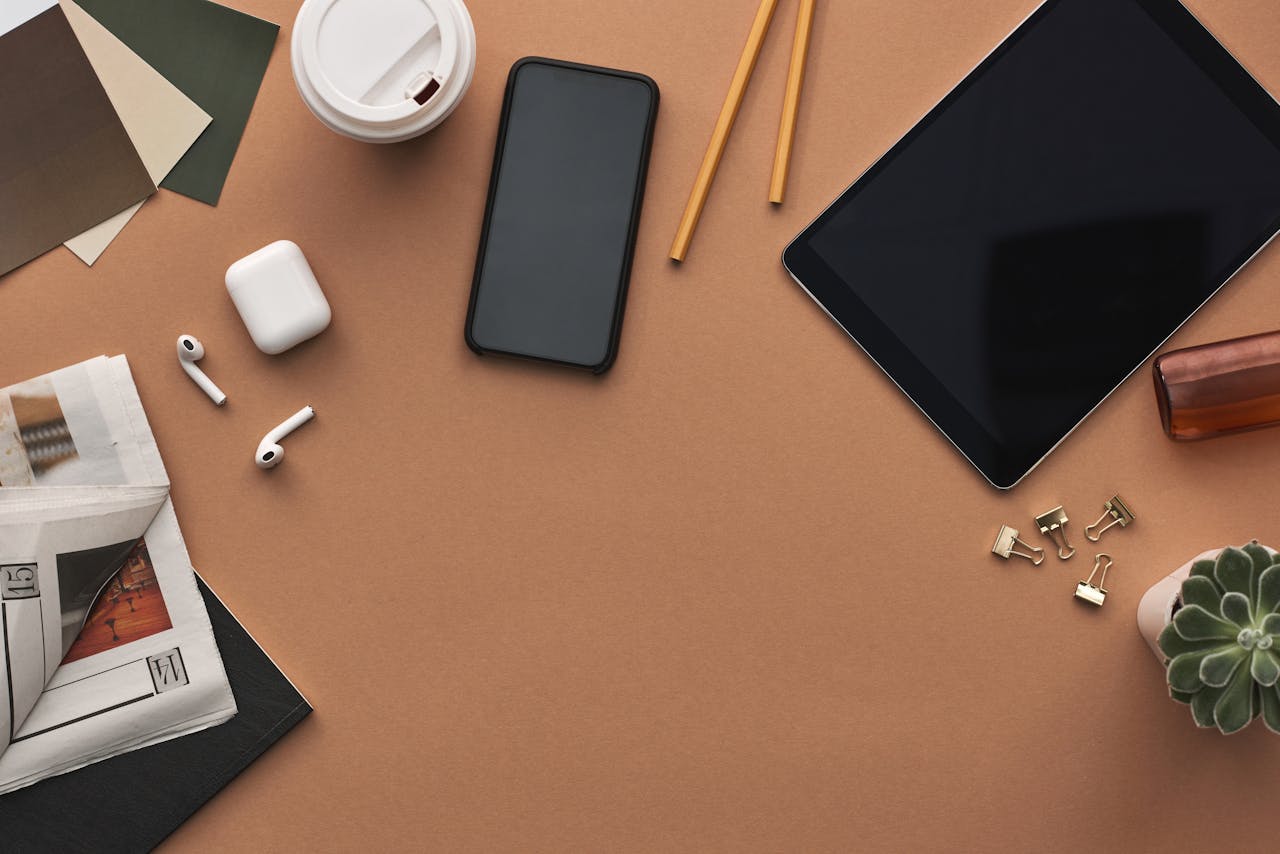Smart devices promise to revolutionize our daily routines, making everything from grocery shopping to home security more convenient. But as technology floods our homes, not every gadget lives up to the hype. In fact, some smart devices can complicate life, add unnecessary steps, or even create new frustrations. If you’ve ever wondered whether that latest “must-have” gadget is truly worth it, you’re not alone. This article explores ten smart devices that, despite their clever features, often fail to deliver on the promise of making life easier. Before you invest in another piece of tech, read on to see which products might be more trouble than they’re worth.

1. Smart Refrigerators
Stylish refrigerators sound like a dream—touchscreens, cameras inside, and even grocery lists that sync to your phone. But in reality, these features can be more of a hassle than help. The screens often lag, software updates can break functionality, and repairs are expensive. Many users find themselves ignoring the smart features altogether and using the fridge like a regular appliance. If you want to keep track of groceries, a simple notepad or a basic app often works better and costs far less.
2. Wi-Fi Enabled Coffee Makers
The idea of brewing coffee from bed is tempting, but Wi-Fi coffee makers rarely deliver a smoother morning. Setting up the connection can be finicky, and the apps are often buggy. Additionally, you still need to fill the water and add coffee grounds manually. For most people, a reliable drip coffee maker is a faster and less stressful option. If you’re looking for a truly effortless cup, consider a programmable model that starts brewing at a set time—no Wi-Fi required.
3. Smart Light Bulbs
Smart light bulbs allow you to control lighting from your phone or with your voice, but they come with their own set of challenges. If your Wi-Fi goes down, so does your ability to control the lights. Many bulbs require proprietary apps, which can clutter your phone and slow down your network. Sometimes, flipping a traditional light switch is just easier and more reliable. For those who want some automation, simple timers or motion sensors can offer similar benefits without the tech headaches.
4. Smart Mirrors
Smart mirrors promise to display the weather, news, and even your calendar while you get ready. However, they often require constant updates, can be slow to respond, and may not integrate well with other devices. The novelty wears off quickly, and most people revert to checking their phones for information. A regular mirror and a smartphone can accomplish the same tasks with less fuss and fewer technical issues.
5. Voice-Controlled Trash Cans
A trash can that opens with a voice command or a wave of your hand sounds futuristic, but in practice, these devices can be more annoying than helpful. Sensors can misfire, leading to accidental openings or failures to open when your hands are full. The batteries need frequent replacement, and the added electronics make them harder to clean. A simple foot pedal trash can is often more hygienic and reliable.

6. Smart Showers
Smart showers let you set the perfect temperature and even start the water remotely. But installation is costly, and the technology can be unreliable. If the Wi-Fi drops or the app crashes, you’re left with a cold shower. Most people find that a traditional shower with a manual temperature control is just as effective and far less complicated.
7. App-Controlled Slow Cookers
App-controlled slow cookers let you adjust settings from anywhere, but the benefits are minimal. You still need to prep ingredients and clean up afterward. The apps can be glitchy, and the added complexity doesn’t save much time. A basic slow cooker with a timer is usually more than enough for most home cooks. Sometimes, simpler really is better.
8. Smart Plugs
Smart plugs are marketed as a way to automate any device, but they often require their own apps and can be tricky to set up. Compatibility issues with different brands and voice assistants can add to the frustration. If you just want to turn something on or off, a traditional timer or a power strip with a switch is often easier and more reliable.
9. Smart Toothbrushes
Smart toothbrushes track your brushing habits and offer feedback via an app. While this sounds helpful, most people stop using the app after a few weeks. The extra features rarely improve dental health, and the devices are expensive. Dentists agree that proper technique and consistency matter more than smart features.
10. Smart Egg Trays
Smart egg trays track the number of eggs you have and their expiration dates, sending alerts to your phone. But these gadgets are notorious for connectivity issues and inaccurate readings. Most people find it easier to check the egg carton themselves. The added tech doesn’t save time or effort—in fact, it can make a simple task more complicated.
When Less Tech Means More Peace
While smart devices can be fun and sometimes useful, not every gadget makes life easier. In many cases, traditional solutions are more reliable, cost-effective, and less stressful. Before adding another smart device to your home, consider whether it truly solves a problem or just adds another layer of complexity. Sometimes, the smartest choice is to keep things simple and focus on what actually works for your lifestyle.
Have you tried a smart device that ended up making things harder? Share your story or advice in the comments below!
Read More
Kitchen Gadgets That Are Actually Worth Buying in 2025
How Meal Planning and Cooking Can Be Improved With a Better Kitchen
The post 10 Smart Devices That Don’t Actually Make Life Easier appeared first on Grocery Coupon Guide.


.png?w=600)




